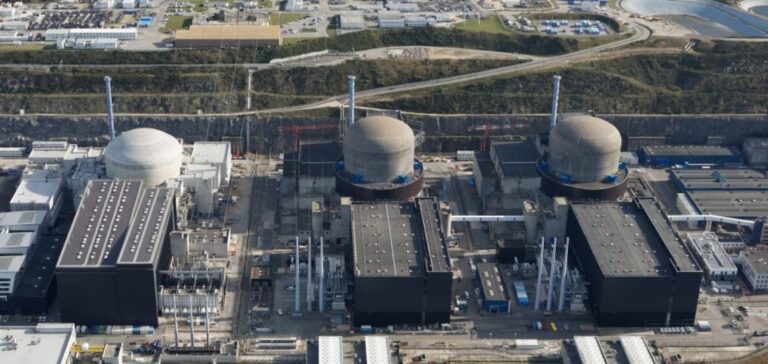Bernard Fontana secured final approval from the French Parliament on Wednesday to assume leadership of Électricité de France (EDF), succeeding Luc Rémont. The endorsement, made possible by the support of the economic affairs committees of both the National Assembly and the Senate, marks a critical step in the governance transition within the energy group. The current Chief Executive Officer of Framatome, a subsidiary of EDF, is expected to officially take office following a general shareholders’ meeting scheduled for May 5, and a presidential decree.
A divided parliamentary endorsement
According to the published results, 55 members of parliament voted in favour of his appointment, with 40 opposing. Lawmakers from the La France insoumise party voted against, while the Socialist Party and the Rassemblement National supported the nomination, according to parliamentary sources. In the Senate, opposition was more pronounced, with 14 votes in favour and 28 against, reflecting stronger resistance among the centre-right majority.
To block the appointment, three-fifths of the votes cast by both committees would have had to be negative, a threshold that was not reached.
A technical profile at the heart of the nuclear strategy
Bernard Fontana, aged 64, has led Framatome since 2015. The company provides equipment, fuel and services for nuclear reactors and plays a central role in the civil nuclear supply chain in France. His technical and industrial background was highlighted during his hearings before the parliamentary committees, where he expressed his intention to work closely with large energy consumers and pledged to explore contractual leeway.
Structural challenges ahead for EDF
The appointment comes as EDF faces several key issues, including oversight of the next-generation EPR2 reactor construction programme, negotiations over state financing for nuclear projects and ongoing tensions with the government on electricity pricing mechanisms for energy-intensive industries. These strategic challenges require stable leadership with institutional and industrial credibility.
Luc Rémont, who took office in 2022, will step down after a term marked by complex negotiations with public authorities regarding the country’s energy future and the group’s internal reorganisation.






















